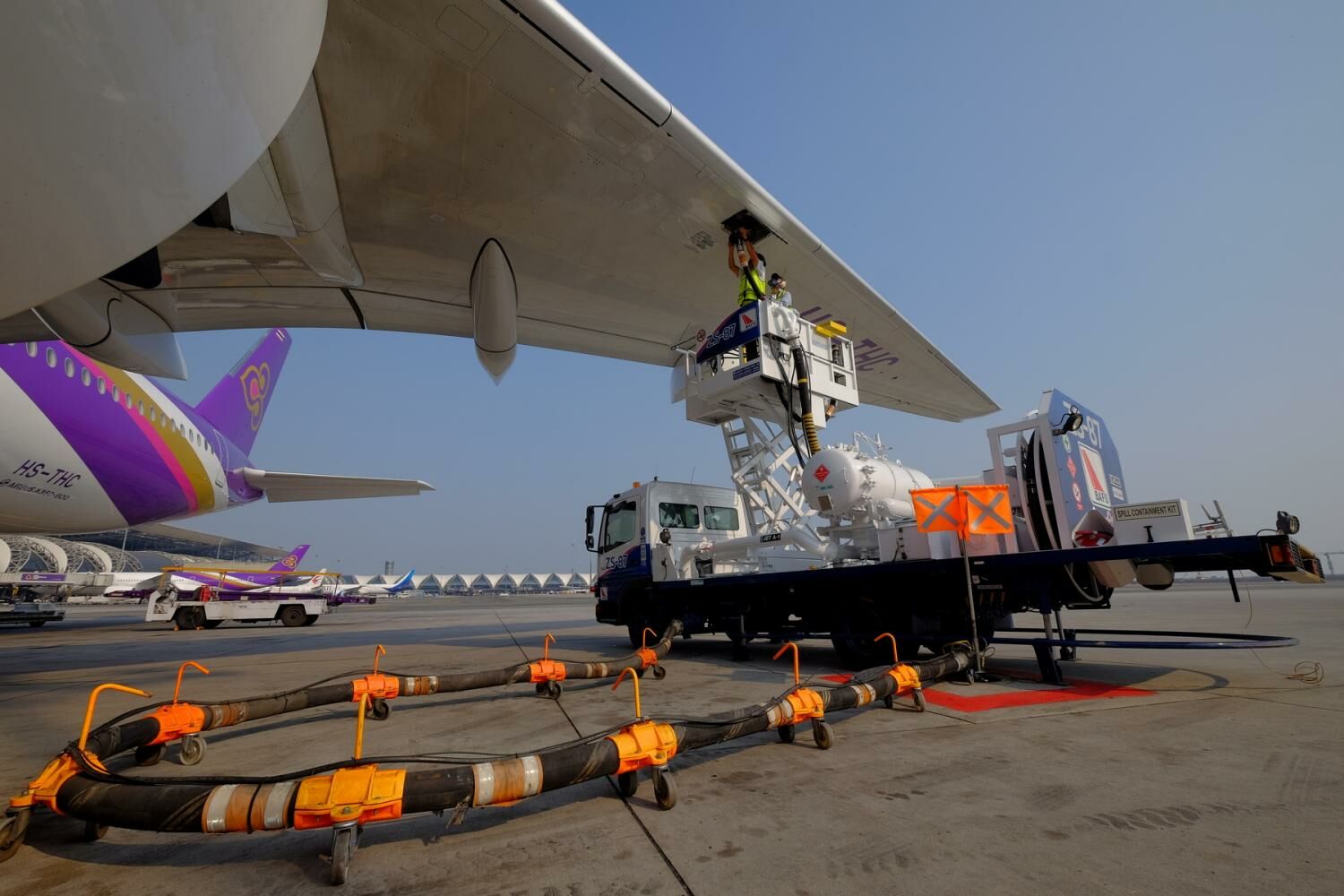Biodiesel and used cooking oil set to fuel sustainable aviation industry

Biodiesel, which is a combination of diesel and palm oil-derived methyl ester, as well as previously discarded used cooking oil, is now competing to revolutionise the aviation industry. These two oils can be processed to create sustainable aviation fuel (SAF), an eco-friendly biofuel for aircraft. Many companies are keen to produce SAF as airlines become increasingly aware of its potential to reduce carbon dioxide emissions.
SAF is a biofuel designed to power aircraft, possessing properties similar to conventional jet fuel but with a smaller carbon footprint. The fuel can substantially minimise greenhouse gas emissions, depending on the feedstock and production technologies used. SAF, which can be derived from used cooking oil and agricultural waste, can produce up to 80% fewer greenhouse gas emissions compared to conventional jet fuel, according to some estimates.
While electric planes share a similar environmental goal, they face challenges such as battery weight. SAF, conversely, can be easily mixed with conventional jet fuel, making it a more viable option for combating global warming, as noted by the International Energy Agency.
Many companies are interested in producing SAF not only for environmental reasons but also because it offers a promising new source of revenue. For instance, Energy Absolute, a renewable energy and electric vehicle developer, has allocated 2 billion baht to increase SAF production from 65 tonnes to 130 tonnes daily.
According to media reports, the European Commission proposed that by 2025, at least 2% of jet fuel in use should come from sustainable sources. The target increases to over 60% by 2050.
SAF is being promoted by the aviation industry, but several challenges need to be addressed to make the new fuel more popular. Many Asia-Pacific carriers, including Korean Air, ANA, Japan Airlines, Singapore Airlines, Qantas, and Cebu Pacific, have signed offtake contracts with SAF producers, as reported by the International Air Transport Association (IATA).
In 2021, IATA’s airline members committed to achieving net zero carbon emissions by 2050. By the end of 2050, IATA expects SAF to account for 65% of carbon mitigation or approximately 1.16 million tonnes of carbon dioxide.
In Thailand, Thai Airways International conducted a trial flight using biofuel for jets about a decade ago, flying from Don Mueang Airport to Suvarnabhumi Airport.
Despite these efforts, making SAF a mainstream fuel will not be easy due to technological and economic obstacles related to scaling up its production and usage, according to the Rhodium Group, an energy sector consulting group. Nevertheless, even a small volume of SAF being utilised by airlines will be a good starting point for them to understand the benefits of this new type of fuel, as IATA suggests, reports Bangkok Post.
Latest Thailand News
Follow The Thaiger on Google News:


























